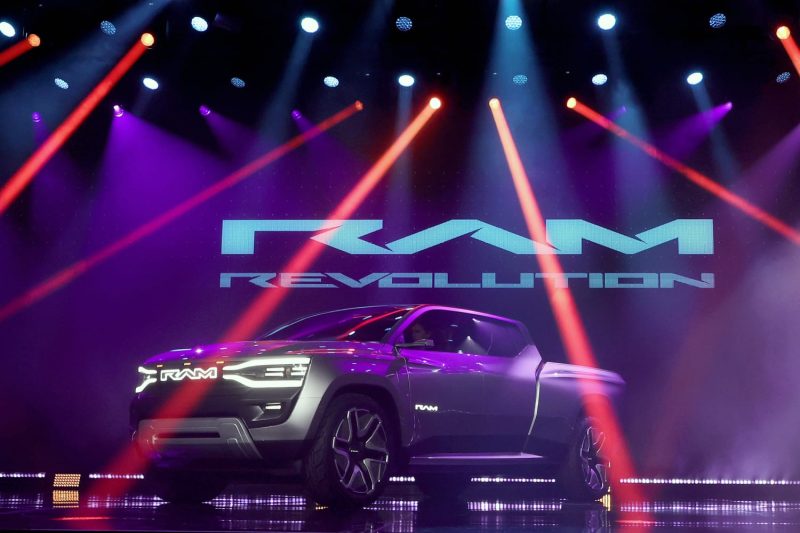
Stellantis Shakes Up Industry: 2,450 Workers Let Go as Ram ‘Classic’ Pickup Drives Off Into the Sunset
In a shocking development that has rippled through the automotive industry, Stellantis NV, the multinational automobile manufacturer, has announced the layoff of 2,450 plant workers as a direct consequence of the discontinuation of the Ram ‘Classic’ pickup truck. This considerable workforce downsizing has caused a stir within the industry and has raised questions around the strategic direction of the company.
Stellantis NV, a sturdy pillar of the global automotive industry, emerged from the merger of Fiat Chrysler Automobiles (FCA) and the French PSA Group in January 2021. Since the merger, the company has shown significant progress, but the recent layoff plan is casting a long shadow over its strategic practices. The decision to discontinue the production of the much-beloved Ram ‘Classic’ pickup truck sheds light on Stellantis’ future perspectives and market strategies.
The Ram ‘Classic’ pickup truck, formerly known as the Dodge Ram, has been a stalwart of the Stellantis lineup and a favorite amongst pickup enthusiasts for decades. Despite the model’s switch to the newer Ram 1500 in 2019, Stellantis continued production of the Classic variant due to its strong customer base and formidable sales. The decision to halt its production therefore comes as no less than a surprise to many industry analysts and Ram loyalists.
The 2,450 employees affected by the cessation of the Classic’s production are based predominantly at Stellantis’ Warren Truck Plant in Detroit. Though some may argue that layoffs are part and parcel of the cyclical nature of the auto industry, remedial measures are crucial to prevent these developments from turning into a socioeconomic crisis. Clearly communicating the reasons behind the decision and supporting the transition of affected employees can help maintain the company’s reputation as an responsible employer.
Investigating the broader forces at work behind Stellantis’ decision reveals some key insights. Essential market factors, such as the ongoing shift towards electric vehicles (EVs), could be playing a role here. With automobile manufacturers around the globe investing heavily in EV technologies, Stellantis might be preparing for a strategic shift towards greener, more sustainable automotive options.
On the other hand, it’s important to note that the global chip shortage has significantly affected production rates and forced many automakers to reconsider their business strategies. As such, Stellantis’ decision to stop producing the Ram ‘Classic’ pickup truck and consequently laying off workers could also be a response to this unprecedented challenge.
The layoff of 2,450 Stellantis employees and discontinuation of the Ram ‘Classic’ pickup truck is undeniably a significant industry development. This decision speaks volumes about the dynamic, continuously erupting landscape of the auto sector and the pressure it puts on manufacturers to adapt and evolve with it. Despite the potential immediate and direct economic implications, it indeed urges us to enquire whether Stellantis’ move could be a strategic adaptation to the rapidly changing demands and pressures of the world of auto manufacturing.
